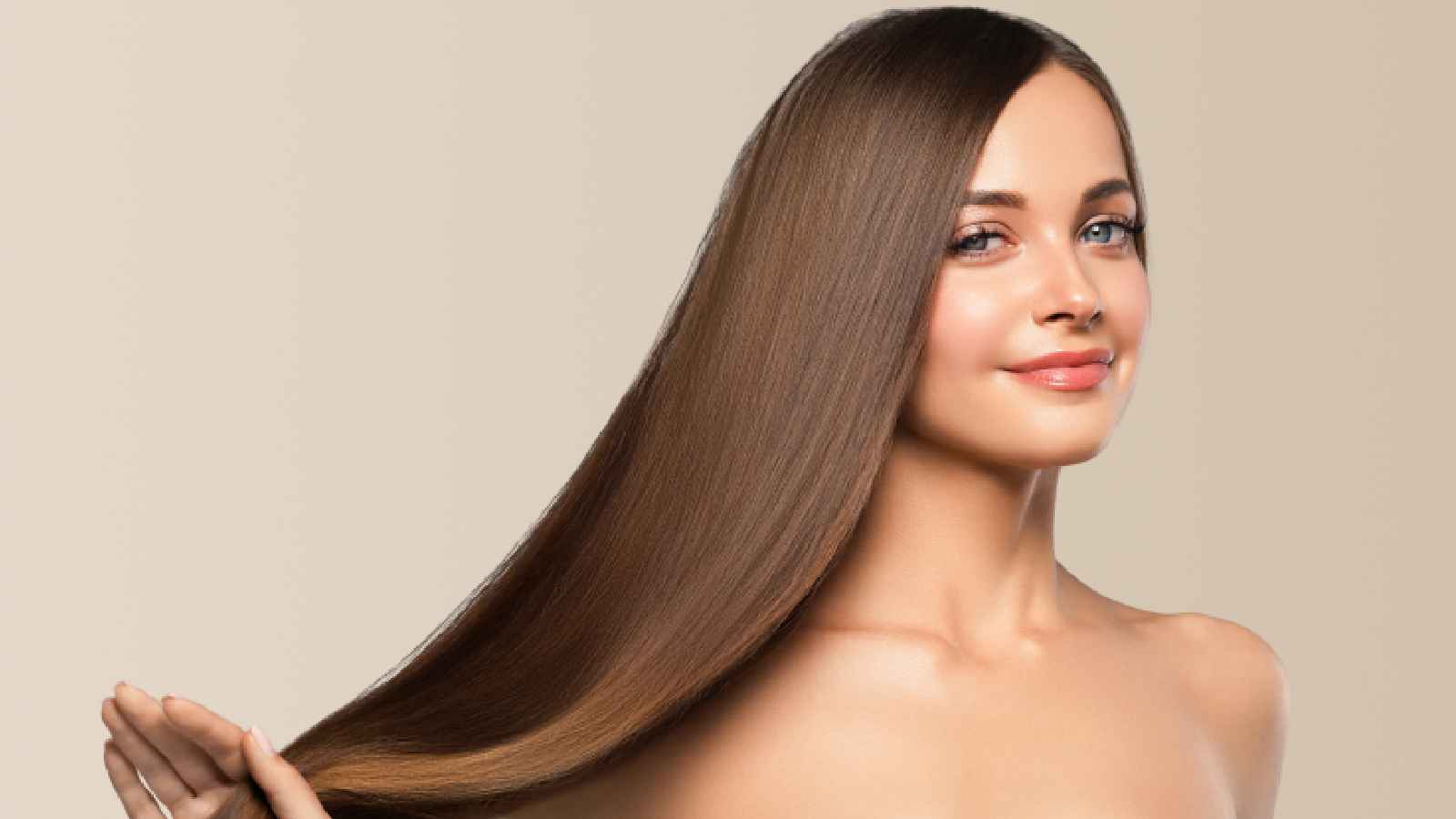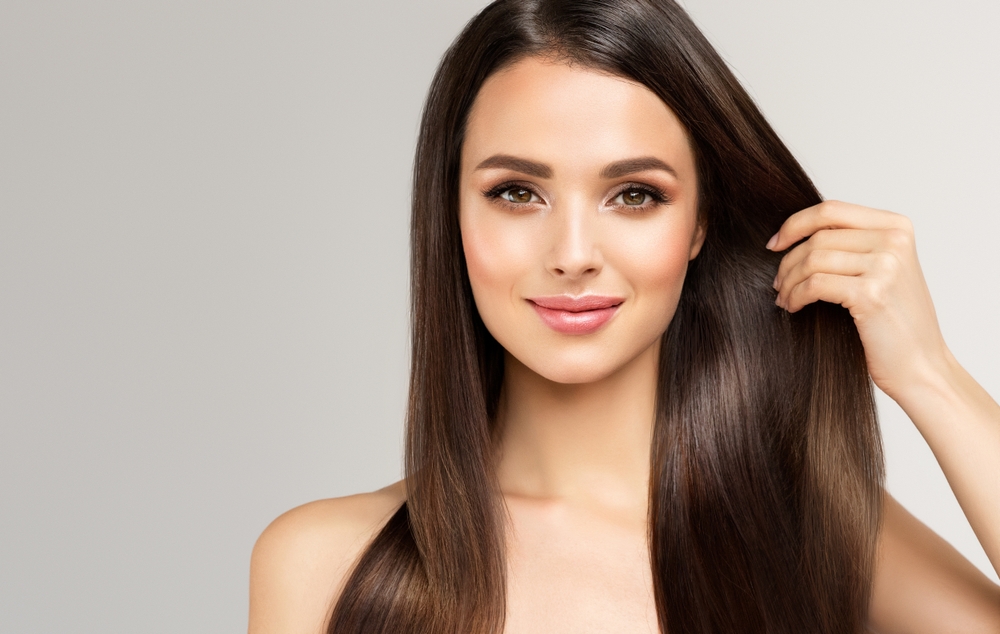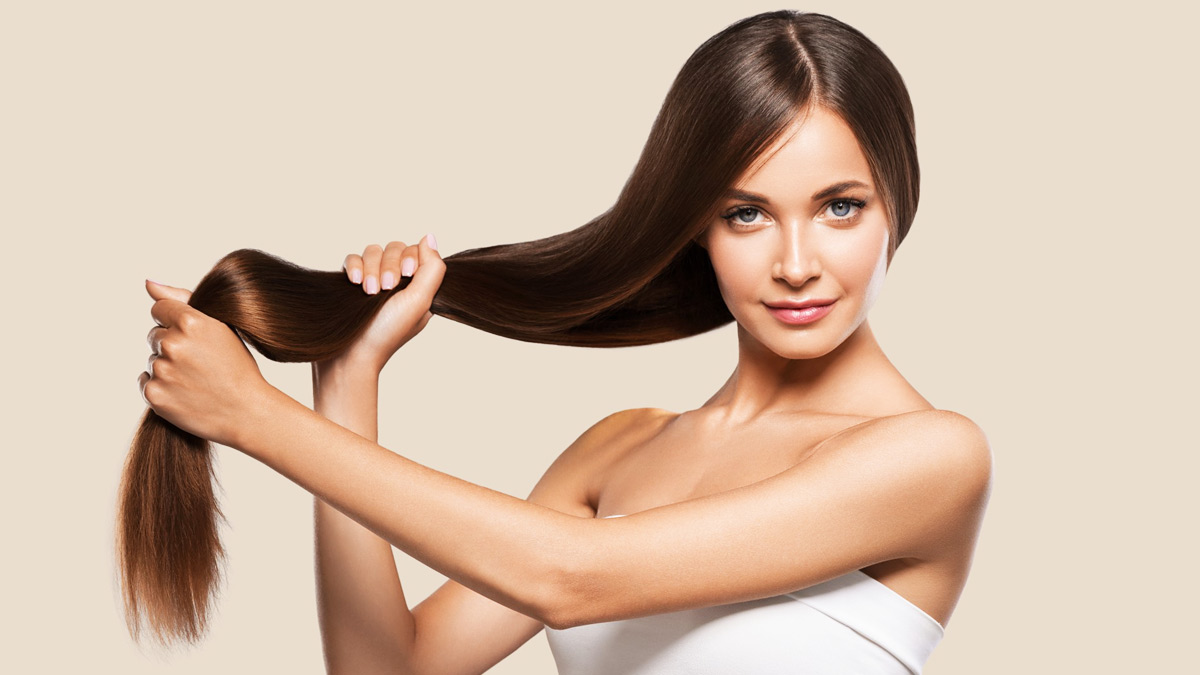Little changes to your hair care events may significantly improve the health of your scalp. It might be as simple as being gentler when washing or simply straightening your waves on occasion, but there are more suggestions.
Many of us take our scalp's health for granted and pay little attention to the skin on our heads. Instead, while choosing shampoo, conditioner, and hair products, we prefer to consider how they will help our hair.
However, it is different for people who have scalp difficulties. For many people, the continual need to scratch may be distracting, dandruff flakes on clothes can be humiliating, and lumps can be concerning. Learning how to care for your scalp may help it stay healthy, offer you peace of mind, and perhaps raise your confidence.
What constitutes a healthy scalp?
Dr. Sanusi Umar, medical director and dermatologist of Dr. U Hair & Skin Clinic, defines a healthy scalp as devoid of the following:
- itchiness
- redness
- Symptoms of flakiness include discomfort and soreness.
- Acne cysts
- Sun harm.
- Excess hair loss
Dr. Sharleen St. Surin-Lord, a board-certified dermatologist in Washington, DC, says that bumps, scabs, and redness are signs of inflammation. "If left untreated, this can cause hair loss that can become permanent."
Benefits of a Healthy Scalp

The health of your scalp governs the health of your hair. "Your scalp resembles agricultural dirt. According to Umar, poor soil has a direct impact on the health of the plants that grow in it. "Similarly, anything that would cause scalp inflammation can be harmful to the existence and well-being of hair."
The American Academy of Dermatology Association estimates that the scalp has around 100,000 follicles. Each follicle contains a single growing hair, similar to a seed budding into a tree. The follicles create sebum, an oil that moisturises and protects the scalp from infection.
Hair follicles, located deep in the scalp, have their own microbiome (Trusted Source). The scalp also has a microbiome. Scalp microbiome imbalance has been related to dandruff, seborrhoeic dermatitis (scaly patches), and atopic dermatitis.
Scalp disorders include dandruff, seborrhoeic dermatitis, atopic dermatitis, and psoriasis may cause rough hair, breakage, and diminished lustre (Source). Furthermore, poor scalp health linked with these disorders may result in early hair loss.
Methods to get a healthy scalp
If none of the following choices assist to make your scalp healthy, see a dermatologist for guidance.
Use mild haircare products.
Avoiding products containing sulphates, alcohols, or scents may promote scalp health. "Sulphates strip away natural oils in your hair and remove dead skin cells, which makes the scalp dry and prone to irritation," Umar goes on to add.
"And, since your skin and scalp are already sensitive, utilising cosmetics containing alcohol and scents dries out your hair. This will make your hair frizzy, dry, and damaged, as well as cause inflammation in your scalp, leaving it dry, itchy, and irritated."
Also, avoid using harsh chemicals in hair care products and hair treatments like colour and bleach. These may harm the hair shaft and scalp skin.
1. Shampoo carefully.

Massage your scalp instead of scraping it when you wash your hair. "This will improve circulation and prevent abrasions on the scalp," St. Surin-Lord explains.
2. Wash less often.
It's easy to believe that washing your hair more often would keep it from becoming oily. However, this might backfire. Shampooing your hair too regularly removes the natural oils. According to Umar, as a consequence, your scalp may create extra oils to keep itself moisturised, resulting in oily-looking hair.
"Those who already struggle with a dry or itchy scalp would benefit from increasing time between washes to balance out the oil production," he said. Umar suggests washing your hair three to four times each week, at most.
3. Try taking an omega-3 supplement.
While scientific data is limited, some feel that consuming fish oil supplements helps encourage hair development and prevent hair loss.
In a 2015 research (Trusted Source), women with self-perceived thinning hair received either a fish oil supplement (including additional nutrients) or a placebo. Those that took fish oil for 90 days reported improved hair growth and strength.
In a 2015 research (Trusted Source), women with female pattern hair loss who took a supplement with omega-3, omega-6, and antioxidants for 6 months had higher hair density and reduced hair loss.
"Omega-3s and fish oils benefit the hair by increasing circulation in the scalp. They also lower inflammation, which might be linked to hair loss," Umar explains. Consult your doctor to ensure that a supplement is acceptable for you and to help you choose the finest one.
4. Consume extra antioxidants.

Oxidative stress arises when the body's harmful free radicals outnumber the good antioxidants. Oxidative stress has been linked to health disorders including diabetes, heart disease, and cancer, as well as scalp health and hair loss. Fruits and vegetables are excellent providers of antioxidants.
Eat a variety of fruits and vegetables to acquire a diverse range of antioxidants available naturally. Each has unique advantages, and those advantages go beyond your hair.
5. Try probiotics.
"Taking a probiotic can help improve gut health and balance the gut microbiome," St. Surin-Lord claims. Taking a probiotic may enhance the skin microbiota and boost scalp health, since gut health is connected to skin health.
She suggests a probiotic with at least two types of bacteria, such Lactobacillus and Bifidobacterium.Lactobacillus reuteri has been demonstrated to improve hair thickness in mice (Trusted Source).
6. Apply a scalp scrub.
A scalp scrub exfoliates the skin on your head, similar to a facial scrub. Scrubs use physical or chemical exfoliants to remove extra skin cells, oil, and dandruff. They may also widen blood vessels beneath the skin, thus promoting hair growth. (They may also be quite calming and relieve tension.)
DIY a scalp scrub at home with basic items or purchase exfoliants from shops or online.
7. Symptoms of an unhealthy scalp:
If anything is wrong with our scalp, it will usually alert us. Common signs of an unhealthy scalp are:
Symptoms include itching, burning, and lumps on the scalp.
Extreme oiliness, dandruff, and hair loss.
If you observe any of the following and it troubles you, consult a dermatologist. "It's possible the hair product you're using or a medication you're consuming is the cause of the problem," Umar said. "A dermatologist is able to determine which actions to take."
If your hair is continually coming out in huge numbers, it might be due to an underlying health concern that your dermatologist or healthcare provider can assist cure, he says.
The bottom line
A healthy scalp leads to good hair, therefore take care of your scalp. If you experience itching, redness, flakiness, irritation, discomfort, or significant hair loss and these symptoms disturb you, see a dermatologist. They may help you identify whether you have an underlying health issue or if you need to adjust your hair care approach.
You may also promote a healthy scalp via your daily behaviours. This involves using mild products and caring for your hair. If possible, avoid washing your hair on a daily basis. When you do wash it, softly massage your scalp instead of rubbing. A diet rich in vegetables and fruits promotes a healthy scalp. Taking fish oil supplements and probiotics may also be useful.
